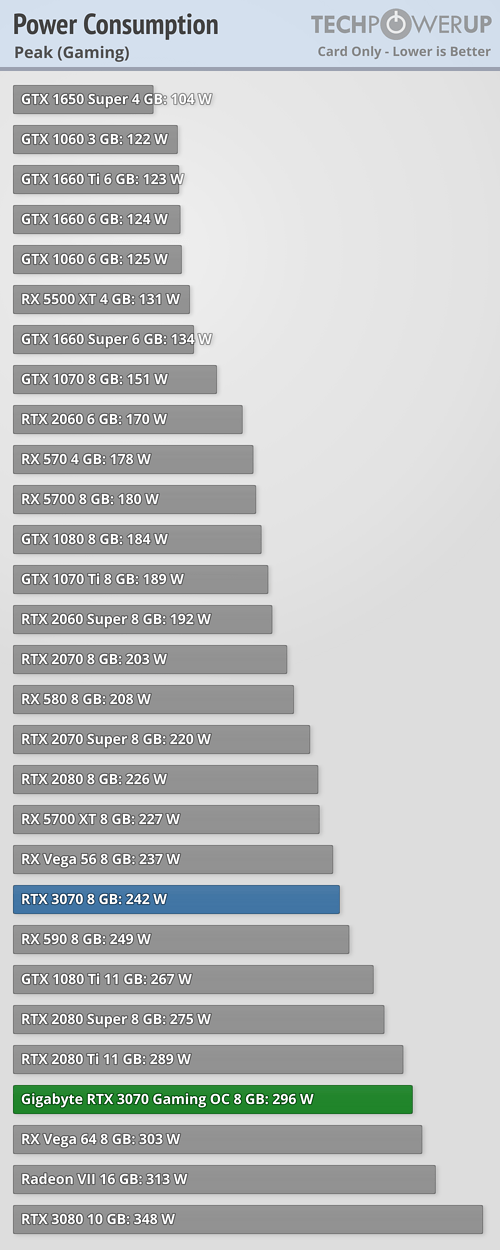- Joined
- Sep 22, 2020
- Messages
- 12 (0.01/day)
- Location
- Ukraine
| Processor | Ryzen 7 3700X |
|---|---|
| Motherboard | ASUS X470 Prime Pro |
| Cooling | beQuiet! Dark Rock 4 |
| Memory | 2x8Gb HyperX 3333MHz |
| Video Card(s) | ASUS DUAL OC GEFORCE RTX 3070 |
| Storage | 256+512 Samsung 970 Evo Plus |
| Case | CoolerMaster MB500 TUF Edition |
| Power Supply | Seasonic M12II-620 Evo Bronze |
| Mouse | HyperX PulseFire FPS |
| Keyboard | Asus Cerberus Keyboard |
Hi
Currently the PSU supplies next: R7 3700X/X470/16 Gb 3333MHz/RTX 3070 OC/2x M.2
The PSU is - Seasonic M12II-620 Evo Bronze.
https://seasonic.com/m12ii-evo
It goes pretty smooth as far I can see/feel. The PC is little bit more than year old.
Also worth to mention, the beefy 5700XT has been working for a year before I got the 3070 one.
The gaming and home pet projects are the main objectives running on the PC.
My current question is - is it ok to run given system at so outdated PSU, especially if it has Bronze certification?
Btw, I heard despite this one is Bronze it has decent electronic design and capacitors from Gold PSUs... As well as opposite thoughts
Do I have to update it to something more modern? If yes - what it could be?
P.S. One point is bothering me that I could not get my system running stable based on 1usmus' CTR recommendations despite my CPU is silver rated... Starting to assume the PSU could be a reason...
I would glad to hear any thoughts...
Currently the PSU supplies next: R7 3700X/X470/16 Gb 3333MHz/RTX 3070 OC/2x M.2
The PSU is - Seasonic M12II-620 Evo Bronze.
https://seasonic.com/m12ii-evo
It goes pretty smooth as far I can see/feel. The PC is little bit more than year old.
Also worth to mention, the beefy 5700XT has been working for a year before I got the 3070 one.
The gaming and home pet projects are the main objectives running on the PC.
My current question is - is it ok to run given system at so outdated PSU, especially if it has Bronze certification?
Btw, I heard despite this one is Bronze it has decent electronic design and capacitors from Gold PSUs... As well as opposite thoughts

Do I have to update it to something more modern? If yes - what it could be?
P.S. One point is bothering me that I could not get my system running stable based on 1usmus' CTR recommendations despite my CPU is silver rated... Starting to assume the PSU could be a reason...
I would glad to hear any thoughts...









 . thats next after my gpu and ram.
. thats next after my gpu and ram.